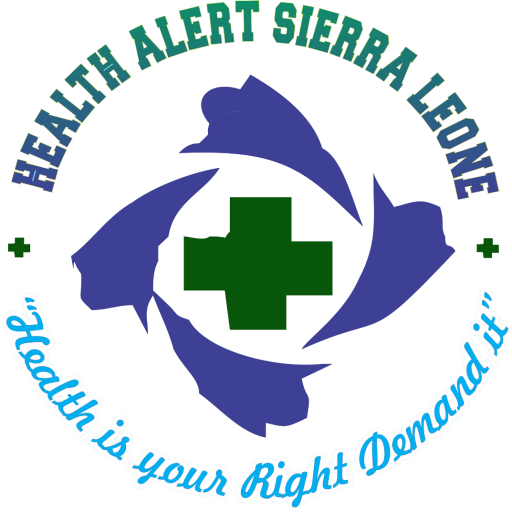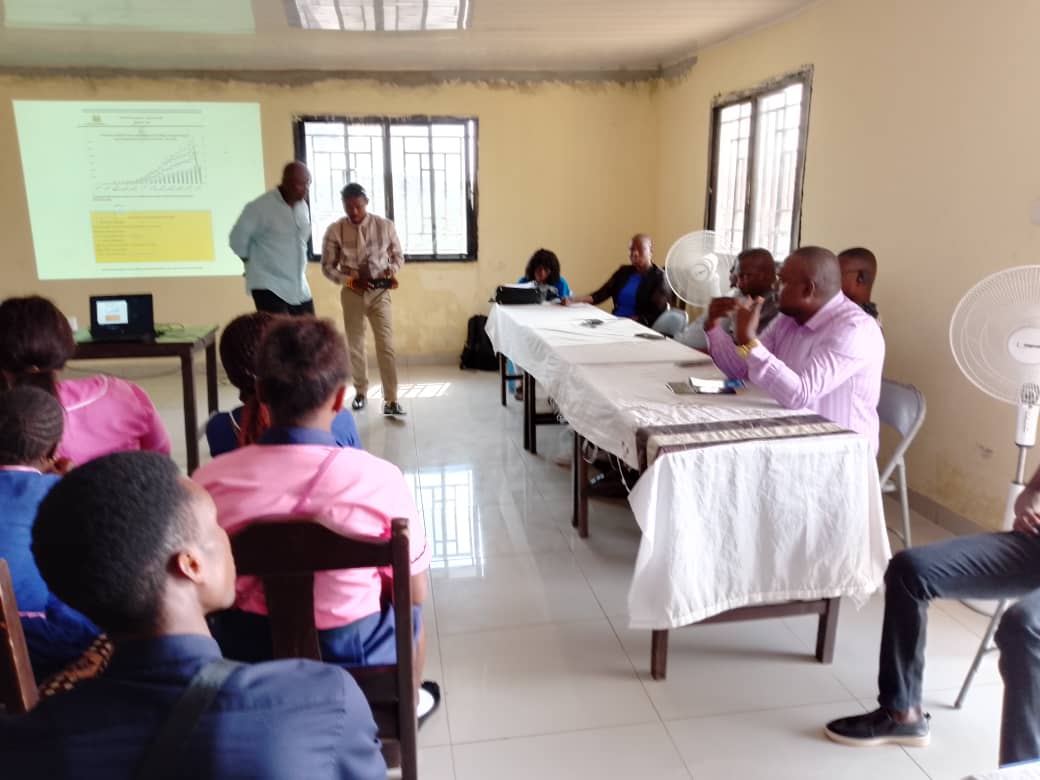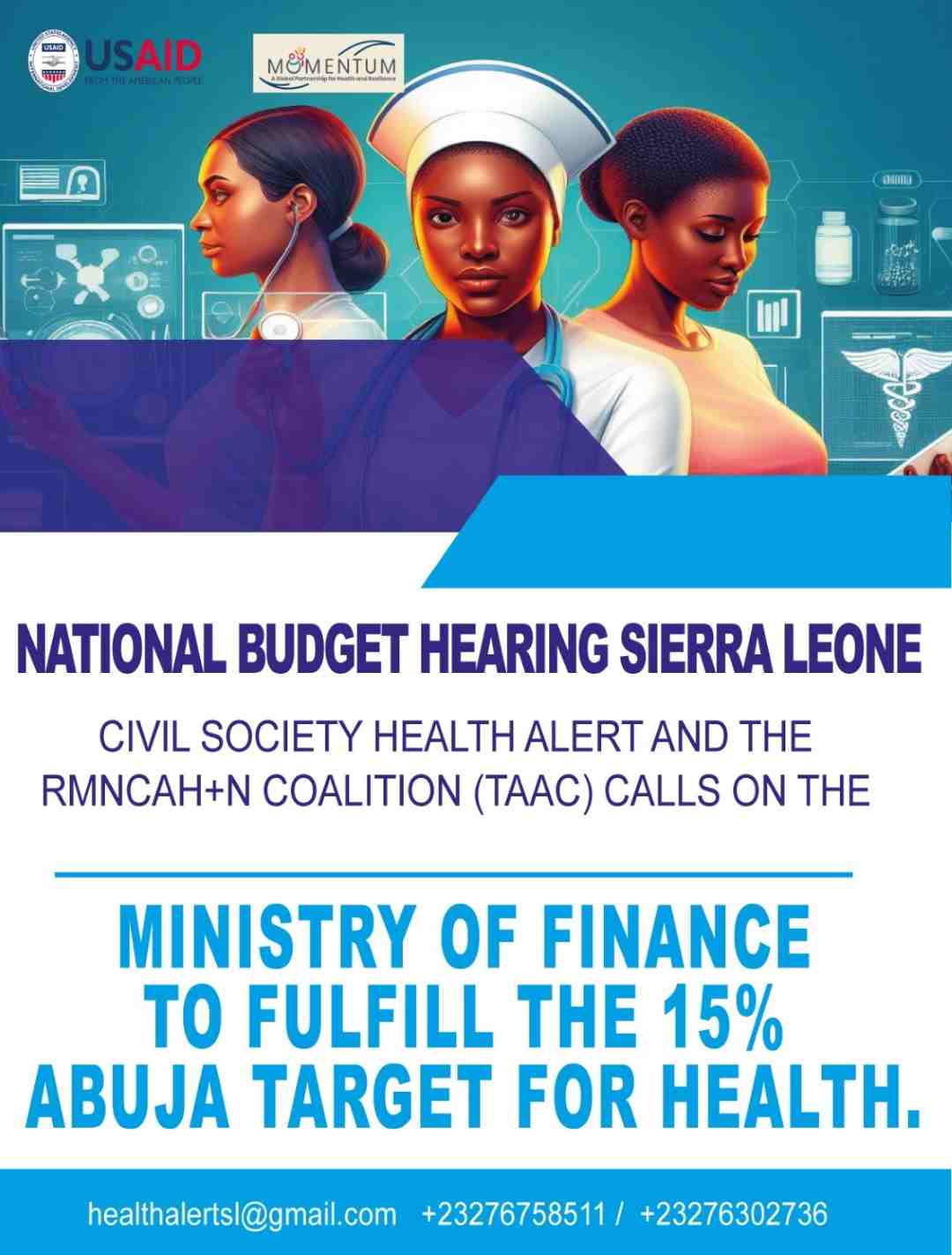In a strategic effort to deepen the sustainability of the Youth For Health (Y4H) project, Health Alert Sierra Leone recently conducted a high-level one-day training on Domestic Resource Mobilization (DRM) in the Western Rural District. This targeted training convened Local Council Finance Officers, District Program Officers (DPOs), and Chief Administrators (CAs) to build their capacity in mobilizing and managing domestic resources to strengthen health systems—particularly reproductive health and family planning services for adolescents and youth.
A total of 30 participants actively engaged in discussions and learning sessions aimed at enhancing local revenue generation to support critical health services under the Y4H framework. The training focused on the fundamentals of DRM, explored revenue sources specific to the Western Rural District, and addressed institutional and political challenges that limit effective resource mobilization.
Participants examined viable sources of local funding such as market dues, beach fees, local taxes, and business licenses. The session emphasized the strategic role of councils in supporting the District Health Management Team (DHMT) and ensuring reliable funding for health programs, especially in the context of pandemic preparedness and reproductive health service delivery. Discussions also tackled prevailing issues like low tax compliance, weak community sensitization, and political constraints. Participants collaborated on practical solutions including enhanced monitoring, policy reforms, and community engagement strategies.
A key outcome of the training was the increased commitment by the councils to invest directly in health facility maintenance and logistics. Following similar DRM engagements in other Y4H districts, councils have begun supporting facilities by funding minor repairs (such as roofing and doors) and providing transport refunds for facility in-charges. These efforts mark a shift toward more proactive, health-sensitive budgeting at the local level.
This DRM training is more than a capacity-building exercise—it is a core pillar of Y4H’s sustainability strategy. By equipping local government stakeholders with the tools to increase and allocate domestic resources for adolescent and youth health, the project is fostering stronger accountability and local ownership. The training also reinforced the critical connection between financial planning and equitable access to family planning and SRHR services for young people.
Health Alert’s approach through Y4H not only strengthens public financial management but also catalyzes partnerships between councils, DHMTs, and civil society. This collaborative spirit is vital to achieving sustainable improvements in reproductive health and realizing the FP2030 commitments in Sierra Leone.
As the Y4H project approaches its transition phase in June 2025, this DRM training exemplifies the importance of empowering sub-national governance structures to take charge of health financing. With sustained collaboration and local investment, districts like Western Rural can lead the way toward a more resilient and inclusive health system—ensuring that no young person is left behind.


